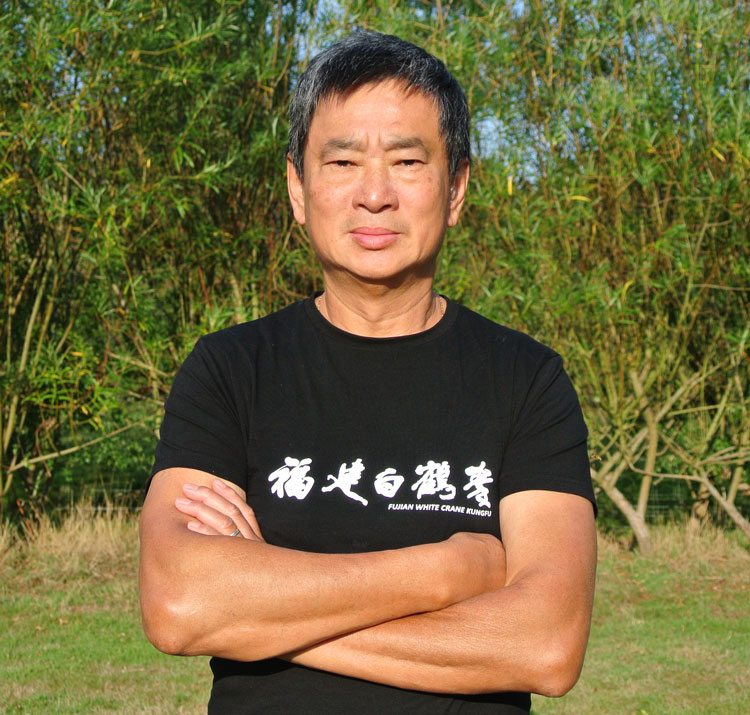- “The Doctor Who Gave Up Drugs” – A Journey in Pain
- Antibiotic Resistance – as seen on TV
- Convalescence: From patient (noun) to patient (adjective)
After an operation to improve his nose airway, Chief Instructor Dennis Ngo, was struck down by an enemy he couldn’t see. But he could feel it. Running through his bloodstream, wreaking havoc, causing intense pain in an infected ankle (how did it get there from his nose?). Antibiotics could help – but would the spectre of antibiotic resistance rear its head?
April 2016 – Minor operation. Quick recovery.
Back on feet, feeling fine, teaching lessons. And then the pain starts. High pain threshold – keep going. Feeling worse, but the nose feels ok – wonder why the ankle hurts? Five days later in hospital on intravenous antibiotics. C-Reactive Protein 353. Diagnosis: Staphylococcus Aureus Bacteremia, Cellulitis, maybe Osteolmyelitis. Ten days later, back home with daily nursing visits to give the drugs through a PICC line. Go to class in a wheelchair. Six weeks later, intravenous antibiotics stop. Go to class with a walking stick.
Disaster averted – the drugs do work, and I’ll see your face again.
It doesn’t matter if you are fit. It doesn’t matter if you are young or old. The antibiotics have to work. Over the years we have been travelling to China, we have met many doctors of Traditional Chinese Medicine. Experts at treating chronic illnesses, none of them would refuse to use antibiotics for acute infection.
Antibiotics saved Dennis’ life.
By sheer chance (or an alignment of the planets), before and during Dennis’ illness he was involved in the documentary, The Doctor Who Gave Up Drugs. Dr Chris van Tulleken is an infection doctor and scientist. The prospect of antibiotic resistance probably keeps him awake at night. In the documentary he describes it as a “Doomsday scenario” which could “mean the end of the human race”. It is well-documented that over-prescription and over-use of antibiotics are the cause of antibiotic resistance, and so Dr Chris wanted to see what could be done at the coal-face, otherwise known as a GP’s surgery. And this is where the documentary becomes compelling – exploring a dilemma. How do you know whether the antibiotics are needed on a case by case basis – and what are the risks of not giving them?
Timing it right
The GP who realised that Dennis was desperately ill and sent him straight to hospital (despite his “brave face” and high pain threshold) told us later that the trajectory of this bacterial infection could have resulted in a coma and worse that same night. On admission to hospital Dennis’ CRP was 353 and rising. Normal is 10 or less. Google it. Wikipedia it. Ask any nurses or doctors you know. CRP of 353 is on the exponential curve of sepsis that leads to not seeing their face again. We had already waited a few days before seeing a doctor as we don’t normally seek out antibiotics for things we think we can recover from – we nearly left it too late.
Let’s not dwell on what “might have happened” – but what does the future hold?
Let’s not think about the drugs not working and the “might have beens”. The cause of Dennis’ illness, Staphylococcus Aureus is the SA in MRSA. Fortunately, it was not resistant. What the antibiotics were needed for was obvious, but it’s not as simple as treating known infections. Dr Chris van Tulleken says that antibiotic resistance could mark the end of cancer treatments, of transplants, of Intensive Care Units in hospitals. We consider ourselves lucky – what can we do as individuals to help?
But what was Dennis doing in a documentary about antibiotic resistance?
As mentioned in A Journey in Pain Dennis was asked whether he could help Crystal, who was suffering with severe chronic back pain and wanted to stop taking the pain-“killing” drugs. Painkillers are also prescribed on a large scale, and Dr Chris wanted to find out if there were alternatives. You can see a clip here of Episode 2 of The Doctor Who Gave Up Drugs – we have to wait along with you to see the full documentary. Spoiler alert – there will be pain. But a happy ending? – let’s see.
When we know how to do our bit to avoid adding to the problem, let’s do that. In the meantime let’s keep training.
Want to know more?
Antibiotic resistance: The Economist Report
Antimicrobial resistance: The World Health Organisation
Dr Chris van Tulleken: “Dr Chris”
Raw TV Ltd “The Doctor Who Gave Up Drugs”
